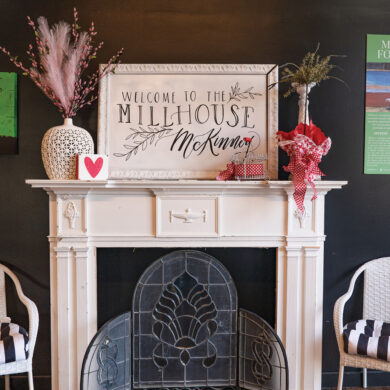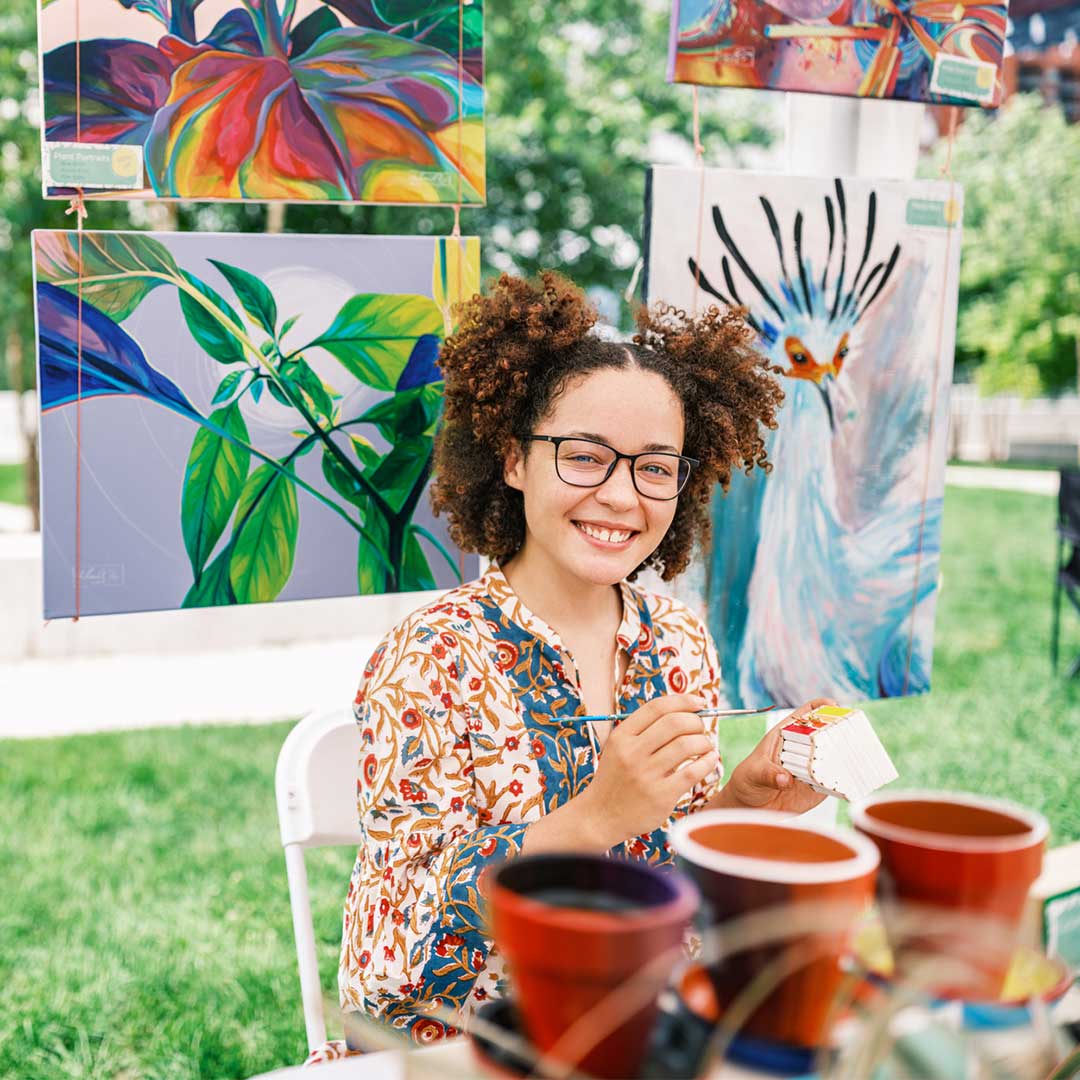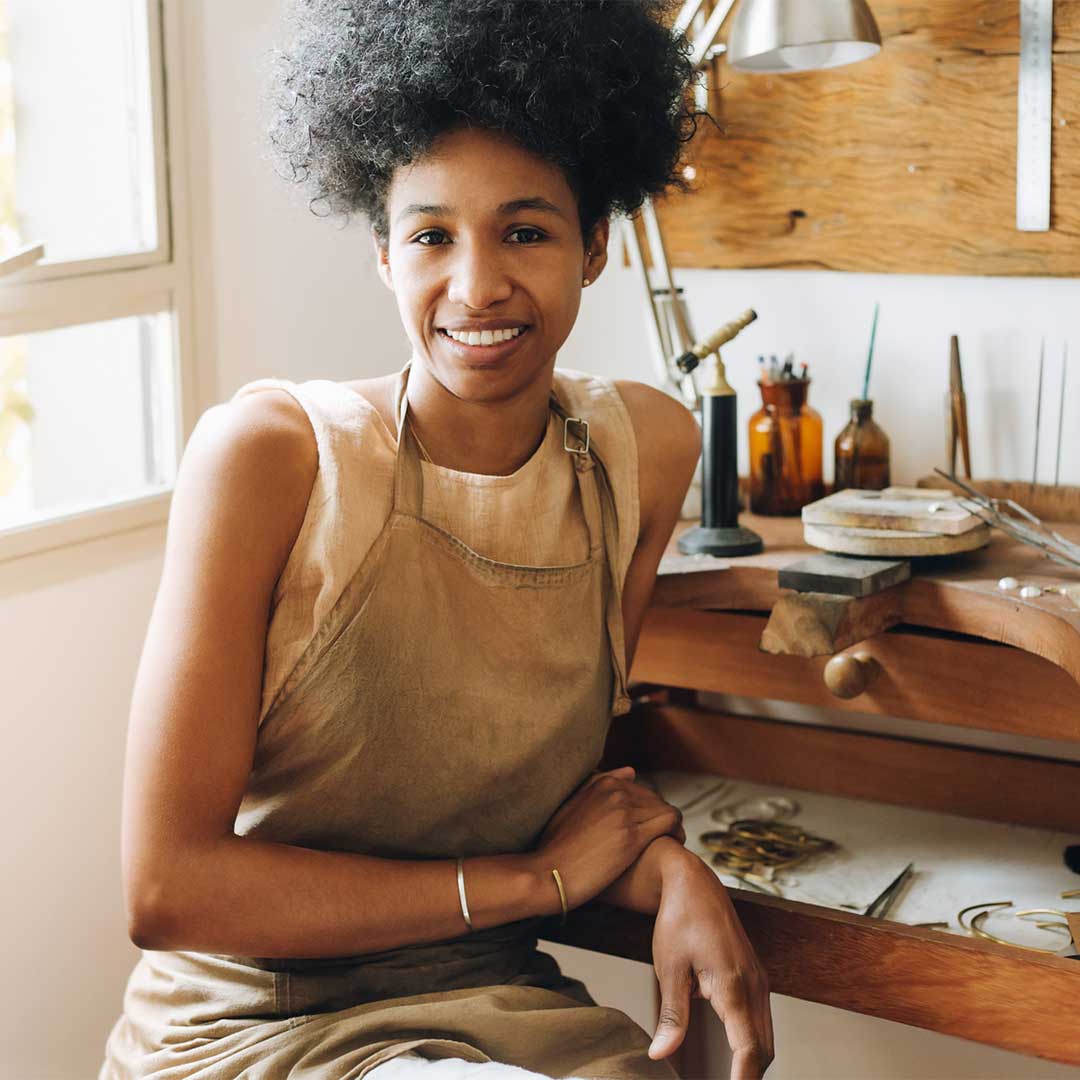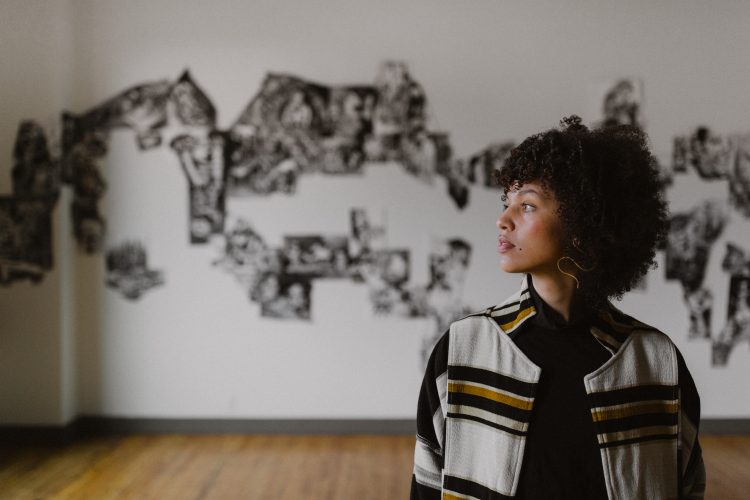
I grew up in Cheney, Washington, a small town sixteen miles southwest of Spokane (where I currently live). I was raised by an incredibly intelligent, doggedly loyal, scrappy, hardworking mom who made things like graduating Summa Cum Laude in her master’s program while working full-time and raising me look easy.
There was very little she didn’t feel like we (she and I) couldn’t fix or create on our own, and I suppose, seeing this modeled from a very early age is what initially sparked my entrepreneurial spirit. Analogous to that entrepreneurial spirit, was a longing to connect with my community, something that has been a part of my personhood for as long as I can remember. At about age 6, when asked, “What do you want to be when you grow up?” my vision was clear…either become a doctor…or work in a donut shop. That answer evolved to either a doctor or a cheerleader, and eventually, to solely becoming a doctor. Although those answers are vastly, and perhaps comically different, all have a similar through line—a desire to have an impact.
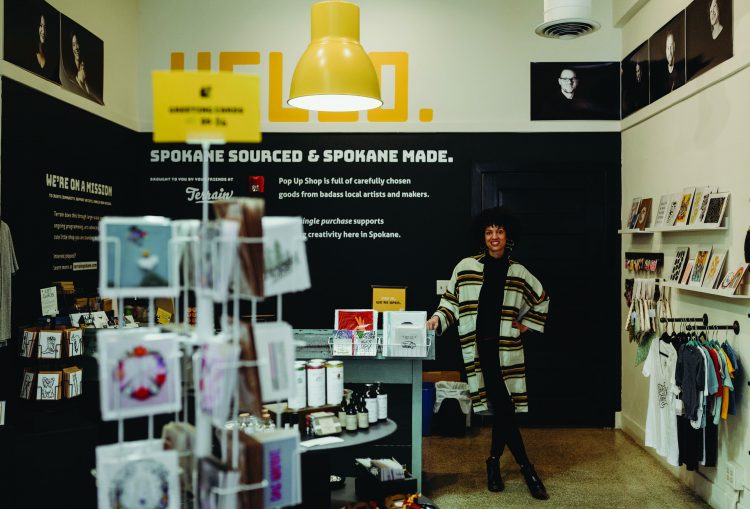
“YOU CAN’T STAY IN YOUR CORNER OF THE FOREST WAITING FOR OTHERS TO COME TO YOU. YOU HAVE TO GO TO THEM SOMETIMES.” —Winnie-the-Pooh
As a kid, I grew up riveted by Robert Stack’s TV series, Unsolved Mysteries. I eventually decided I would become a forensic anthropologist, focusing both my undergraduate degree and later a certification in forensics towards that goal. It was this certification in forensics that would eventually lead me to a job at our local Smithsonian affiliated museum, which transitioned to a future role as their Curator for Cultural Literacy. It is through this work, where the power of art and creativity, and its ability to transform communities, became more and more apparent and began to permeate my soul.
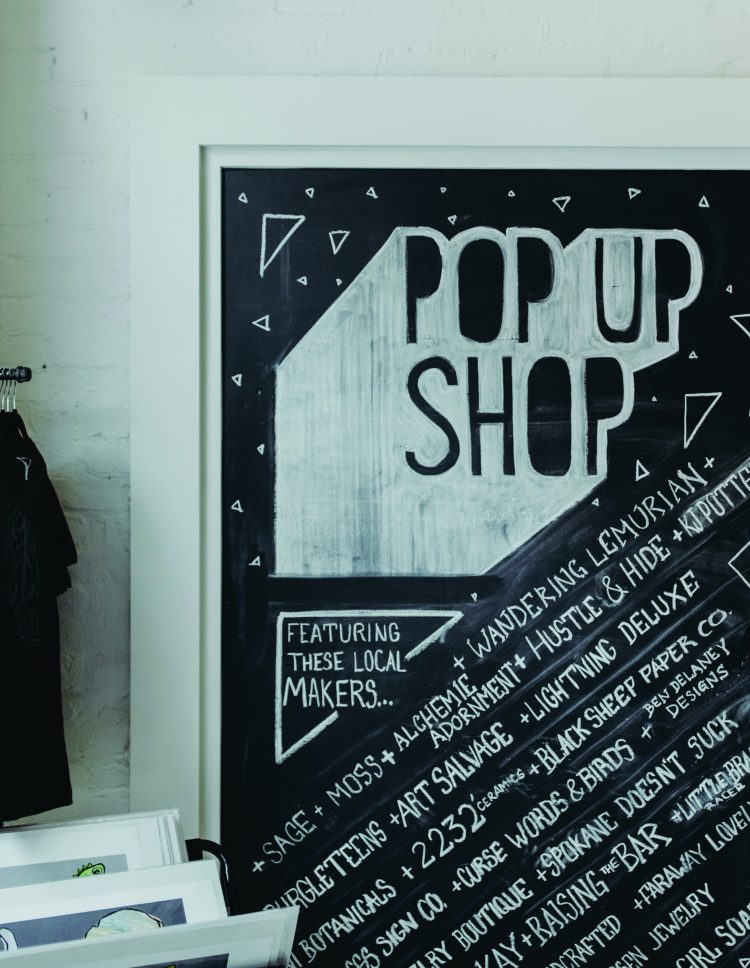
Simultaneously, I grew up in a community who was telling its young and creative people that if you wanted to be successful, or have fun in your twenties, you need to do it anywhere but here. This mindset led Spokane to hemorrhage some of its most talented and creative people for decades.
So, I guess this is the point in the story where one finds oneself at a crossroads. There I was, in my twenties, in the city I love most in this world, and despite the massive brain drain that had been happening, there were still pockets of hope: pockets filled with incredibly talented people, pockets of people who had been pounding the creative pavement long before my friends or I had, and pockets prime for building a community around us.
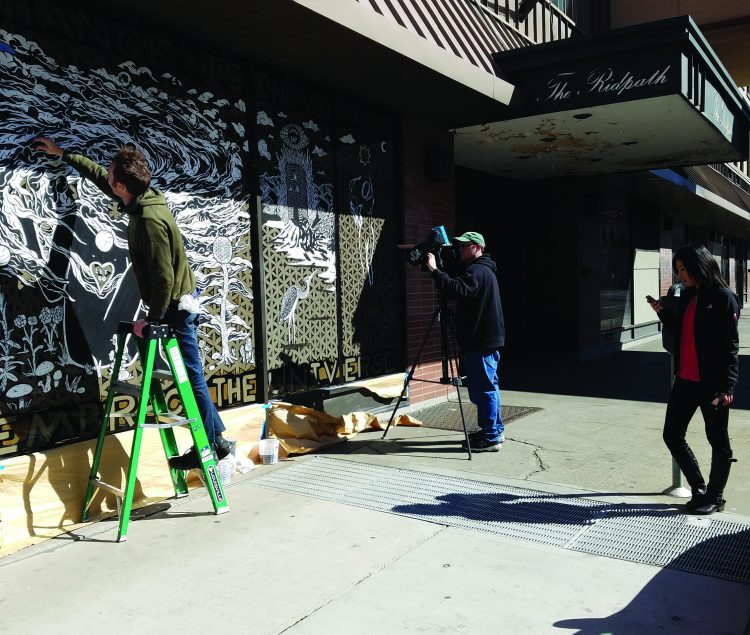
In 2008, therefore, four of my friends and I founded, Terrain Programs (i.e. Terrain) with a mission to build community, awareness, and financial stability for artists of the Inland Northwest. We were sick of watching creatives leave Spokane for larger cities with more established networks, and we wanted to disrupt this out-migration by offering new artistic hope.
What began as a single annual event known simply as, “Terrain,” has grown into a fully-fledged nonprofit offering large-scale events, a gallery space, retail storefront, performing arts’ space, a creative entrepreneur incubator program, and a vacant storefront program addressing neighborhood blight. Terrain embraces a broad definition of art including music, performance, dance, theater and literature, and it represents a mix of emerging and established talent. In 2018 alone, Terrain served 636 artists with approximately 65,000 people attending events, generating $386,360.41 in art sales and artist payments.
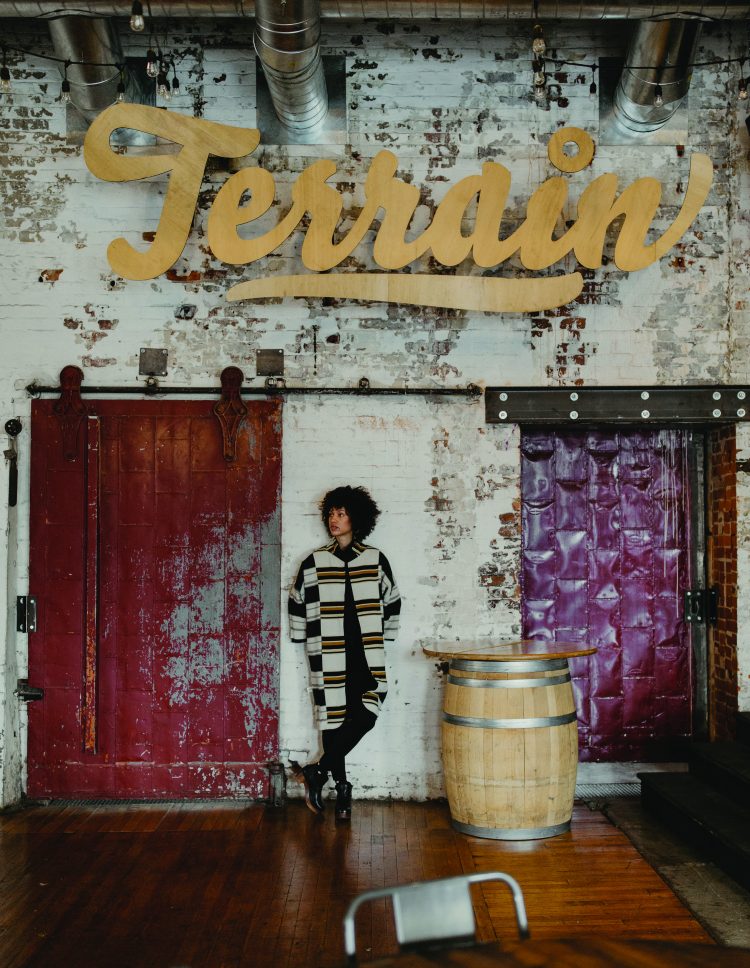
Fast-forward to today, and I’m still obsessed with true crime. I still watch reruns of Unsolved Mysteries, and I’m still hell-bent on doing my part to make my community a better place. I have learned that community comes in many shapes and forms and often in unexpected ways—from coffee shops to music venues, gallery spaces and yes, donut shops—these places provide opportunities for humans to connect: for us to find a sense of place, a sense of belonging and a sense of home.
While my career path hasn’t always been straightforward, my desire to find ways to connect with my community always has, though one of my biggest challenges is balancing opportunity with capacity. What can you add on to your plate, while still doing everything you’re already committed to well. It’s hard to say no. Especially if it’s something you believe in.
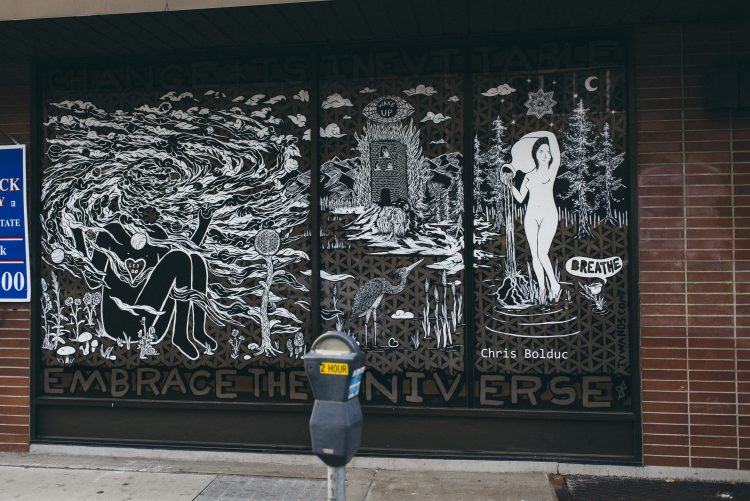
There is no real line between my professional life and personal life. Being a business owner, especially a small business owner, often means you are taking on multiple roles—if not all the roles—and I won’t pretend this doesn’t spread throughout almost every aspect of my life. On the flip side, you get to be the steward of a vision, a vision that hopefully you believe deeply in and feel passionate about. What an incredibly exciting thing to be a part of, and help grow.
IDEAS AND INSPIRATION COME TO ME OPPORTUNITY TO CONNECT—WHERE ALL ARE VALUED—SPACES AND PLACES THAT THAT TEACH US TO SLOW DOWN AND REVEL IN OUR WORLD VIEW, ENCOURAGE US TO BE FEEL LESS ALONE, AND TEACH US.
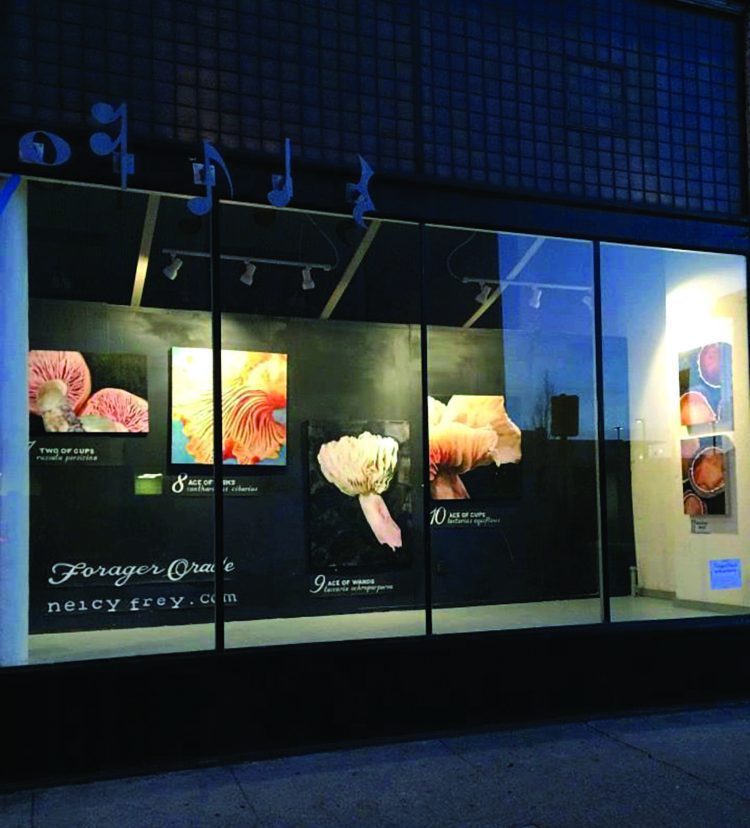
Apart from my neighborhood lawn mowing business back when I was ten, the term “entrepreneur” hasn’t necessarily been a term I have connected with, or ever used to describe myself. Advocate—Yes! Organizer—Yes! I suspect that’s probably due to the fact that I started and now work for a non-profit vs. let’s say a tech startup or a personal business. A couple of years ago when I first heard the term “social entrepreneur,” however, I was immediately like, hell yeah—that’s me! I have a strong desire to connect with the community, and for as long as I can remember, I have known I wanted to be a part of something that affected change. That didn’t translate in my mind as something I would necessarily help build from the bottom up, but that’s how it has unfolded.
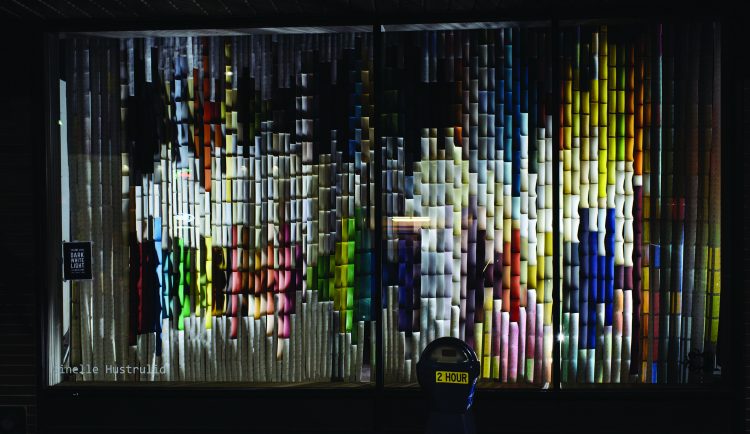
At Terrain Programs, we are a 501(c)(3) federally recognized nonprofit organization, meaning all of the revenue generated from the work we do goes directly back towards furthering our mission. We believe deeply in a distributed leadership form of organizational structure. There has been a significant shift in thought within many nonprofits about the power of distributed leadership and its ability to create a more meaningful, productive organizational culture based on trusting relationships among staff. Not only that, organizations that distribute leadership do so to make smarter, more informed decisions that benefit them and their communities. Distributed leadership can also lead staff —outside of the Executive Director position—to feel more empowered and tends to lead to a more equitable, more social-justice-focused organization. This is exactly the kind of organization and culture Terrain aspires to have.
THROUGH THE SPACES AND PLACES WHERE WE HUMANS ARE GIVEN THE VOICES HAVE AN OPPORTUNITY TO BE HEARD, AND JUSTICE AND EQUITY TEACH US WHAT IT MEANS TO BE HUMAN, THAT CREATE PRIDE OF PLACE, THE BEAUTY THAT SURROUNDS US; SPACES AND PLACES THAT CHALLENGE BETTER, AND PROMOTE KINDNESS; SPACES AND PLACES THAT MAKE US. WE ALL HAVE VALUE.
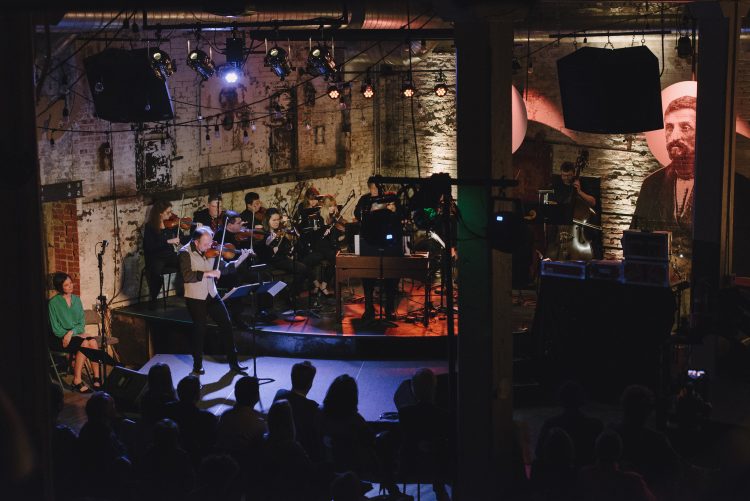
Smart Steps
Your time is valuable! Figure out what your hourly wage needs to be and calculate this into all aspects of your business. This can be a good way of not only figuring out how to price your goods but also how you operate your business. If it takes you ten hours to accomplish a task that would take a professional an hour or two, you might be better off contracting that work out.
Be honest with yourself about which skill sets you have and which skill sets you don’t. As you build up your team, be sure you’re doing it with people who possess the skills you’re lacking.
Branding and packaging are important (in some ways, more important than what you’re actually selling) so allocate sufficient time to branding decisions.
Create multiple price points in which people can engage with your product.
Create multiple ways people can interact with your brand. People learn differently and get excited about different things.
Remember, people want authenticity and authentic experiences.
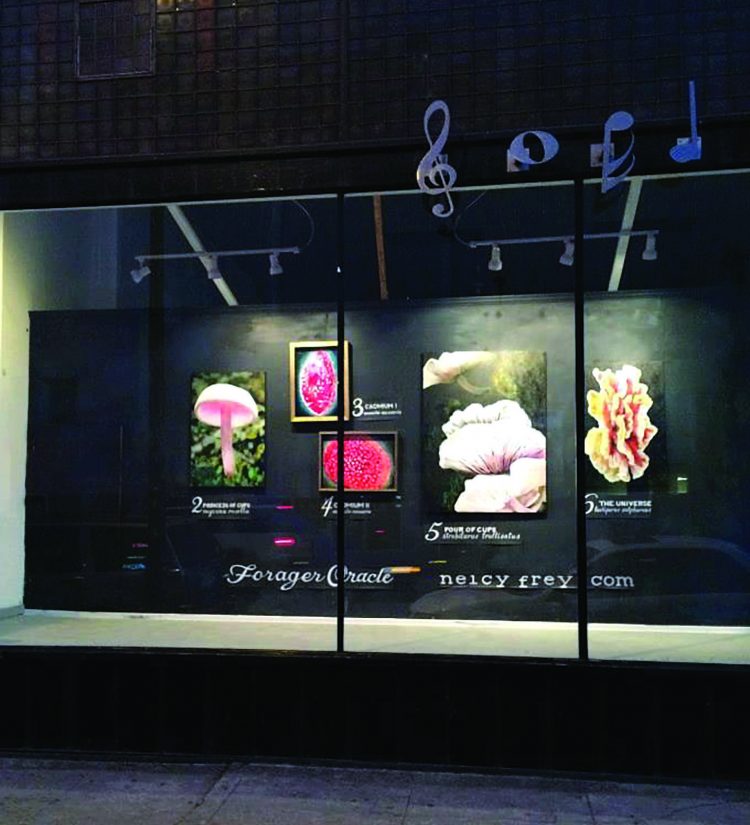

I grew up in Cheney, Washington, a small town sixteen miles southwest of Spokane (where I currently live). I was raised by an incredibly intelligent, doggedly loyal, scrappy, hardworking mom who made things like graduating Summa Cum Laude in her master’s program while working full-time and raising me look easy.
There was very little she didn’t feel like we (she and I) couldn’t fix or create on our own, and I suppose, seeing this modeled from a very early age is what initially sparked my entrepreneurial spirit. Analogous to that entrepreneurial spirit, was a longing to connect with my community, something that has been a part of my personhood for as long as I can remember. At about age 6, when asked, “What do you want to be when you grow up?” my vision was clear…either become a doctor…or work in a donut shop. That answer evolved to either a doctor or a cheerleader, and eventually, to solely becoming a doctor. Although those answers are vastly, and perhaps comically different, all have a similar through line—a desire to have an impact.

“YOU CAN’T STAY IN YOUR CORNER OF THE FOREST WAITING FOR OTHERS TO COME TO YOU. YOU HAVE TO GO TO THEM SOMETIMES.” —Winnie-the-Pooh
As a kid, I grew up riveted by Robert Stack’s TV series, Unsolved Mysteries. I eventually decided I would become a forensic anthropologist, focusing both my undergraduate degree and later a certification in forensics towards that goal. It was this certification in forensics that would eventually lead me to a job at our local Smithsonian affiliated museum, which transitioned to a future role as their Curator for Cultural Literacy. It is through this work, where the power of art and creativity, and its ability to transform communities, became more and more apparent and began to permeate my soul.

Simultaneously, I grew up in a community who was telling its young and creative people that if you wanted to be successful, or have fun in your twenties, you need to do it anywhere but here. This mindset led Spokane to hemorrhage some of its most talented and creative people for decades.
So, I guess this is the point in the story where one finds oneself at a crossroads. There I was, in my twenties, in the city I love most in this world, and despite the massive brain drain that had been happening, there were still pockets of hope: pockets filled with incredibly talented people, pockets of people who had been pounding the creative pavement long before my friends or I had, and pockets prime for building a community around us.

In 2008, therefore, four of my friends and I founded, Terrain Programs (i.e. Terrain) with a mission to build community, awareness, and financial stability for artists of the Inland Northwest. We were sick of watching creatives leave Spokane for larger cities with more established networks, and we wanted to disrupt this out-migration by offering new artistic hope.
What began as a single annual event known simply as, “Terrain,” has grown into a fully-fledged nonprofit offering large-scale events, a gallery space, retail storefront, performing arts’ space, a creative entrepreneur incubator program, and a vacant storefront program addressing neighborhood blight. Terrain embraces a broad definition of art including music, performance, dance, theater and literature, and it represents a mix of emerging and established talent. In 2018 alone, Terrain served 636 artists with approximately 65,000 people attending events, generating $386,360.41 in art sales and artist payments.

Fast-forward to today, and I’m still obsessed with true crime. I still watch reruns of Unsolved Mysteries, and I’m still hell-bent on doing my part to make my community a better place. I have learned that community comes in many shapes and forms and often in unexpected ways—from coffee shops to music venues, gallery spaces and yes, donut shops—these places provide opportunities for humans to connect: for us to find a sense of place, a sense of belonging and a sense of home.
While my career path hasn’t always been straightforward, my desire to find ways to connect with my community always has, though one of my biggest challenges is balancing opportunity with capacity. What can you add on to your plate, while still doing everything you’re already committed to well. It’s hard to say no. Especially if it’s something you believe in.

There is no real line between my professional life and personal life. Being a business owner, especially a small business owner, often means you are taking on multiple roles—if not all the roles—and I won’t pretend this doesn’t spread throughout almost every aspect of my life. On the flip side, you get to be the steward of a vision, a vision that hopefully you believe deeply in and feel passionate about. What an incredibly exciting thing to be a part of, and help grow.
IDEAS AND INSPIRATION COME TO ME OPPORTUNITY TO CONNECT—WHERE ALL ARE VALUED—SPACES AND PLACES THAT THAT TEACH US TO SLOW DOWN AND REVEL IN OUR WORLD VIEW, ENCOURAGE US TO BE FEEL LESS ALONE, AND TEACH US.

Apart from my neighborhood lawn mowing business back when I was ten, the term “entrepreneur” hasn’t necessarily been a term I have connected with, or ever used to describe myself. Advocate—Yes! Organizer—Yes! I suspect that’s probably due to the fact that I started and now work for a non-profit vs. let’s say a tech startup or a personal business. A couple of years ago when I first heard the term “social entrepreneur,” however, I was immediately like, hell yeah—that’s me! I have a strong desire to connect with the community, and for as long as I can remember, I have known I wanted to be a part of something that affected change. That didn’t translate in my mind as something I would necessarily help build from the bottom up, but that’s how it has unfolded.

At Terrain Programs, we are a 501(c)(3) federally recognized nonprofit organization, meaning all of the revenue generated from the work we do goes directly back towards furthering our mission. We believe deeply in a distributed leadership form of organizational structure. There has been a significant shift in thought within many nonprofits about the power of distributed leadership and its ability to create a more meaningful, productive organizational culture based on trusting relationships among staff. Not only that, organizations that distribute leadership do so to make smarter, more informed decisions that benefit them and their communities. Distributed leadership can also lead staff —outside of the Executive Director position—to feel more empowered and tends to lead to a more equitable, more social-justice-focused organization. This is exactly the kind of organization and culture Terrain aspires to have.
THROUGH THE SPACES AND PLACES WHERE WE HUMANS ARE GIVEN THE VOICES HAVE AN OPPORTUNITY TO BE HEARD, AND JUSTICE AND EQUITY TEACH US WHAT IT MEANS TO BE HUMAN, THAT CREATE PRIDE OF PLACE, THE BEAUTY THAT SURROUNDS US; SPACES AND PLACES THAT CHALLENGE BETTER, AND PROMOTE KINDNESS; SPACES AND PLACES THAT MAKE US. WE ALL HAVE VALUE.

Smart Steps
Your time is valuable! Figure out what your hourly wage needs to be and calculate this into all aspects of your business. This can be a good way of not only figuring out how to price your goods but also how you operate your business. If it takes you ten hours to accomplish a task that would take a professional an hour or two, you might be better off contracting that work out.
Be honest with yourself about which skill sets you have and which skill sets you don’t. As you build up your team, be sure you’re doing it with people who possess the skills you’re lacking.
Branding and packaging are important (in some ways, more important than what you’re actually selling) so allocate sufficient time to branding decisions.
Create multiple price points in which people can engage with your product.
Create multiple ways people can interact with your brand. People learn differently and get excited about different things.
Remember, people want authenticity and authentic experiences.













